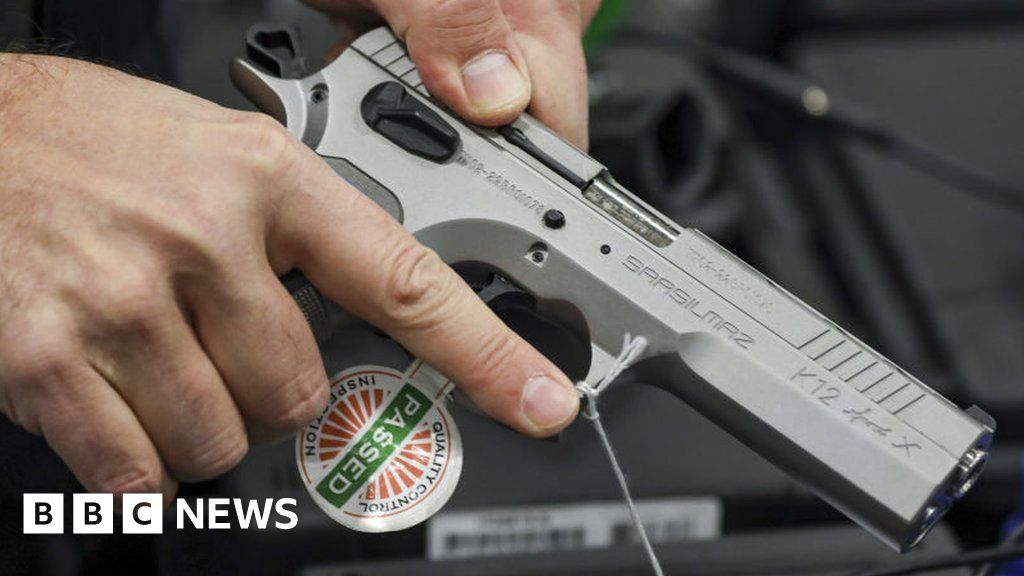From your Democrat ass-covering link:
"But the Gun-Free School Zones Act of 1990 was passed as part of a suite of legislation that Biden sponsored, known as the Crime Bill."
So, yes, they were Biden's.
{...
The
Gun-Free School Zones Act (
GFSZA) is an act of the
U.S. Congress prohibiting any unauthorized individual from knowingly possessing a loaded or unsecured firearm at a place that the individual knows, or has reasonable cause to believe, is a school zone as defined by
18 U.S.C. § 921(a)(25). The law applies to public, private, and
parochial elementary schools and high schools, and to non-private property within 1000 feet of them. It provides that the
states and their political subdivisions may issue licenses that exempt the licensed individuals from the prohibition.
It was first introduced in the U.S. Senate in February 1990 as S. 2070
[1] by Senator
Herb Kohl of Wisconsin and then was incorporated into the Crime Control Act of 1990 that was signed into law by President
George H. W. Bush. Following a 1995 Supreme Court ruling,
United States v. Lopez, which stuck down the original law, the Gun-Free Schools Act of 1990 was amended so prosecution would only occur for crimes involving guns linked to either interstate or foreign commerce.
[2][3][4]
...
The Gun-Free School Zones Act of 1990 was originally passed as section 1702 of the
Crime Control Act of 1990. It added
18 U.S.C. § 922(q);
18 U.S.C. § 922 itself was added by the
Omnibus Crime Control and Safe Streets Act of 1968.
The
Supreme Court of the United States subsequently held that the Act was an unconstitutional exercise of Congressional authority under the
Commerce Clause of the United States Constitution in
United States v. Lopez, 514 U.S. 549 (1995). This was the first time in over half a century that the Supreme Court limited Congressional authority to legislate under the Commerce Clause.
Following the
Lopez decision, U.S. Attorney General
Janet Reno proposed changes to
18 U.S.C. § 922(q) that were adopted in section 657 of the Omnibus Consolidated Appropriations Act of 1997,
Pub.L. 104–208 (text) (PDF), 110
Stat. 3009, enacted September 30, 1996.
[5] These changes required that the firearm in question "has moved in or otherwise affects interstate commerce."
[6] As nearly all firearms have moved in interstate commerce at some point in their existence, critics assert this was merely a legislative tactic to circumvent the Supreme Court's ruling.
[5]
...}

en.wikipedia.org
This bill was not only illegal because there should legally never be any federal firearms legislation, but it tried to create a 1000' exclusion zone, which included the car traffic in the streets.





